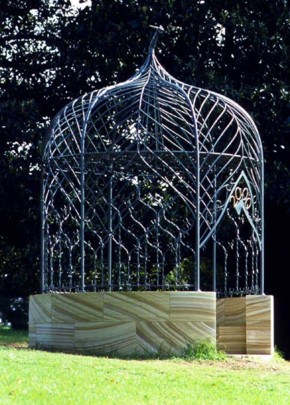Society
But history has some downsides. Without it we would approach everyone as a probable equal and, possibly with some caution, as a potential friend, without preconceptions; like an open-minded fool. It is history that confers such attributes as ethnicity, religion, and social status. It is also the origin of our fear of strangers; and of known enemies.
History is also the basis of special pleading or treatment on the grounds of the past: some previous injury justifying current vendetta; or the converse, special privilege, often based on some claimed inherited status.
In an ideal world we would disregard the history that precedes a birth. All children would be given an unbiased start in life, through equitable education, nutrition, and parenting; to live their lives according to their ability, irrespective of historically imposed stereotypes or privilege or disadvantage.
Like many if not all ideals this is obviously unattainable in the real world. New children are born all the time and the concepts of 'property' and 'truth', among others, are bound up with the past. But moving society in the direction of this ideal; and opposing attempts to move it in the opposite direction; seems to me to be a good principle.
Richard
January 2011

